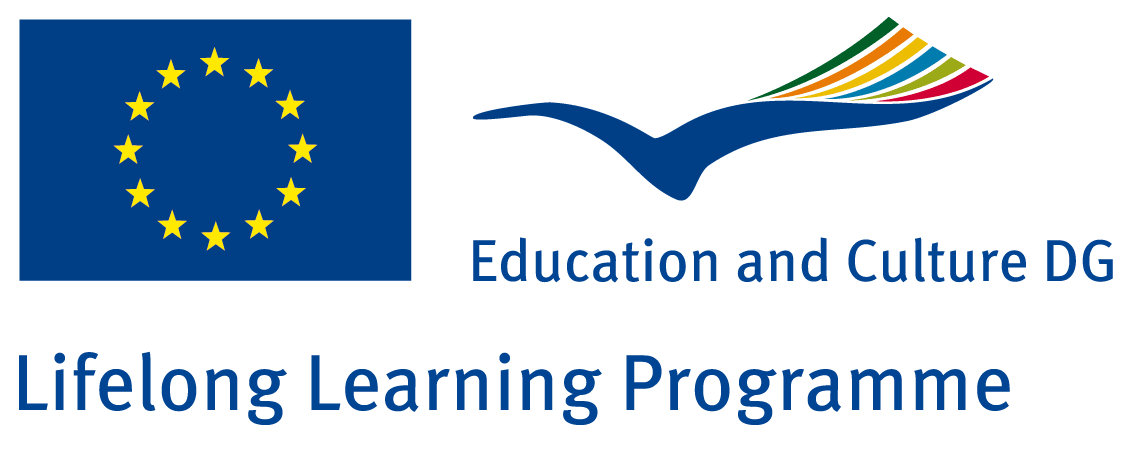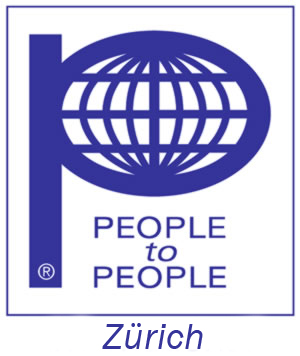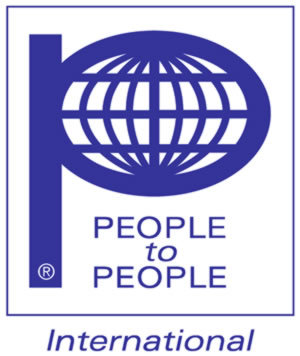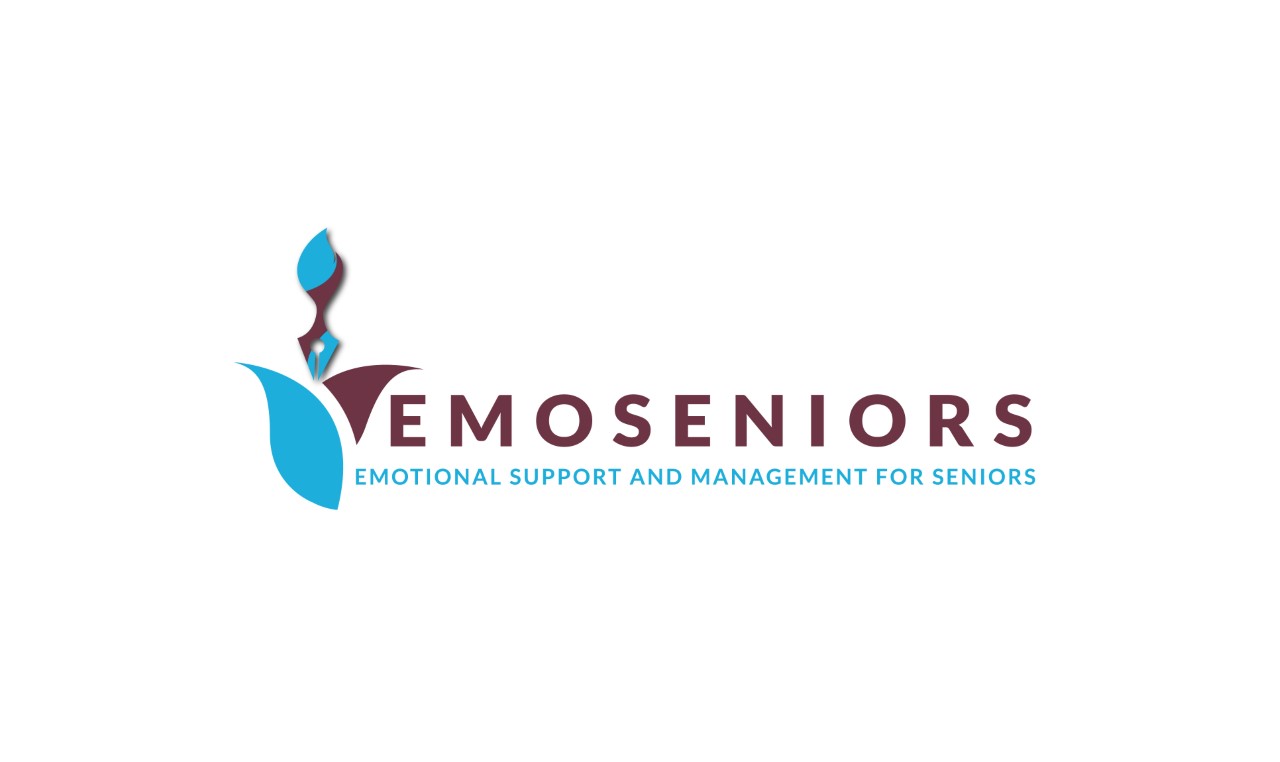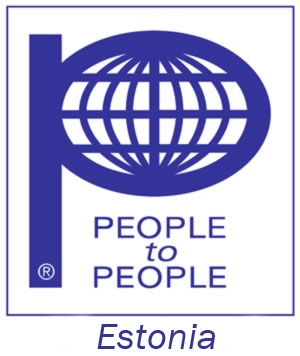Emotional Support and Management for Seniors
„Emotional Support and Management for Seniors“ (EmoSeniors - 2021-1-PL01-KA220-ADU-000033484) is the Erasmus+ strategic partnership project is beneficial and necessary for seniors and also for caregivers (target groups in this project), as it will help them to cope with the new stage they are facing as well as the changes. To this end, emotional management must be a priority for the elderly and is necessary in order to enable them in dimensions such as empathy, emotional regulation or social skills, favouring in a remarkable way the ageing process itself.
Ageing can have a significant impact on the mental health. It is often associated with loss of status and loss of organisation of daily activities associated with working life, as well as the perception of a markedly reduced role in life, with few social relationships. Older people often suffer from the gradual loss of close friends, family and partners, deterioration of functional ability, sense of purpose in life and poverty. Fear of losing their independence is also common in this age group.
In general, older people in Europe feel less content with their lives than younger people, with greater differences in feelings of life satisfaction and happiness between the age groups. Depression or anxiety, which are the most common mental disorders, are very often found in old age, with depression affecting 10-15% of people over 75. (Eurostat, July 2020)
Objectives
The vision of this project is to have a positive impact on the lives of the target group and to positively improve their situation and integration into society and, ultimately, their quality of life.The final purposes of this project are to:
a). Foster the development of EI at a time of senescence to improve the quality of life in their final stage.
b). Improve skills as a caregiver by promoting transversal EQ skills to better both their quality of life and that of the person being cared for.
Specific objectives
- Make seniors able to socialize and improve emotional functioning.
- Make seniors able to face aging with optimism to adapt to the changes generated and help them to accept old age as a stage of adaptive adjustment, rather than a phase of mere psychophysical decline.
- Make seniors understand how emotions work, how they can manage them better, and teach them to recognize other people’s needs.
- Help seniors to understand the importance of EI to improve their mental and physical health.
- Reduce the occurrence and duration of the negative emotions that appear as a consequence of stressful situations.
- Help seniors and caregivers to overcome difficult situations and emerge stronger from them. - Enhance individual perception of the aging process and how the elderly may adapt to changing circumstances.
- To provide caregivers with training content that will help them improve their quality of life and relationships with the people they care for.
- Motivate carers and increase their level of satisfaction with their care because of their ability to manage their relationships and self-esteem in an emotionally intelligent way.
- Benefit the whole of society by maintaining older people’s social and economic contributions, minimising the costs of care and improving quality of life.
- Create a training system with tools.
- Disseminate the results of this training to other institutions that could benefit this output
Activities
Project is divided into 2 types of work packages:
1. PROJECT RESULTS (PR), responsibility for 4 PRs lies with the Results leader. Detailed description of work plan, division of task and responsibilities of partners is included in section: Project Results. Each PR has an individual leader reporting always to the coordinator
2. MANAGEMENT AND IMPLEMENTATION WORK PACKAGES – (financed under the item Management and Implementation) cover the whole project duration.
There are 3 main work packages under the item Management and Implementation including following fields of activity:
1) MANAGEMENT AND ADMINISTRATION:
A. DOCUMENTATION: all templates and needed documents: project documentation, contracts, timesheets, reporting, etc.
B. COMMUNICATION AND MEETINGS: transnational meetings, internal staff meetings dealing with the project itself and the intermediate inline meetings, internal staff meetings organised by partners at country level. Communication is described in detail below.
C. PROGRESS REPORTING: reporting the work done and following steps achieved, milestones, reporting PRs, activities and events: progress of results, international meetings, multiplier events and other activities by partners.
D. BUDGET CONTROL AND FINANCIAL REPORTING: tasks and responsibilities as well as procedure of reporting are described in section: budget control and time management.
E. TIME MANAGEMENT - described in section: budget control and time management.
F. HANDLING RISKS – described in detail below. The responsibility for work package 1 lies with Project Coordinator (CEN).
2) QUALITY ASSURANCE AND EVALUATION:
A. preparation of Quality Assurance Plan, under the responsibility of CEN.
B. setting qualitative and quantitative indicators.
C. quality checks and quality assessment of the PRs – realised under PRs, included in PR as integrated part of products development process.
D. Evaluation of the project – all quality and evaluation indicators related to fields different than PRs – quality of management, communication, evaluation of meetings and promotion activities.
E. final evaluation of the project’s success – does the project meet the goals, the potential of results, potential to sustain.
Tangible results
To achieve the objectives of the project four Project Results will be developed, tested and multiplied:
The project will develop four Project Results:
* PR1. Self-Evaluation Tool. The consortium will define a list of the 12 areas of greatest emotional impact for older people and, based on these, develop a self-assessment tool for carers to discover their level of knowledge and competence in these areas.
* PR2. Training system for caregivers. Based on the results of PR1, the partnership will develop a training programme for caregivers to increase their theoretical and practical competences to deal with these emotional difficulties in their daily work with the elderly.
* PR3. The consortium will create a board game for the elderly, the final beneficiaries of our project.
* PR4. The consortium will adapt the board game developed in PR3 to digital format.
Intangible results
- Developed knowledge and skills of teachers and teenagers in testing project outputs on how to manage their emotions.
- Increased awareness of the need to manage the teachers and teenagers´ emotions in their day by day.
Project coordinator
CENTRUM SPOTKAN EUROPEJSKICH SWIATOWID W ELBLAGU (Poland)
Partners
INDEPCIE SCA (Spain)
Association of Young Psychologists in Bulgaria "4th April" (Bulgaria)
EESTI PEOPLE TO PEOPLE (Estonia)
Igor Vitale International srl (Italy)
Innovation Frontiers IKE (Greece)
__________________________________________________________________
This project has been founded with support from the European Commission by Erasmus+ Programme. This publication reflects the views only of the author and the Commission cannot be held responsible for any use which may be made of the information contained therein.
